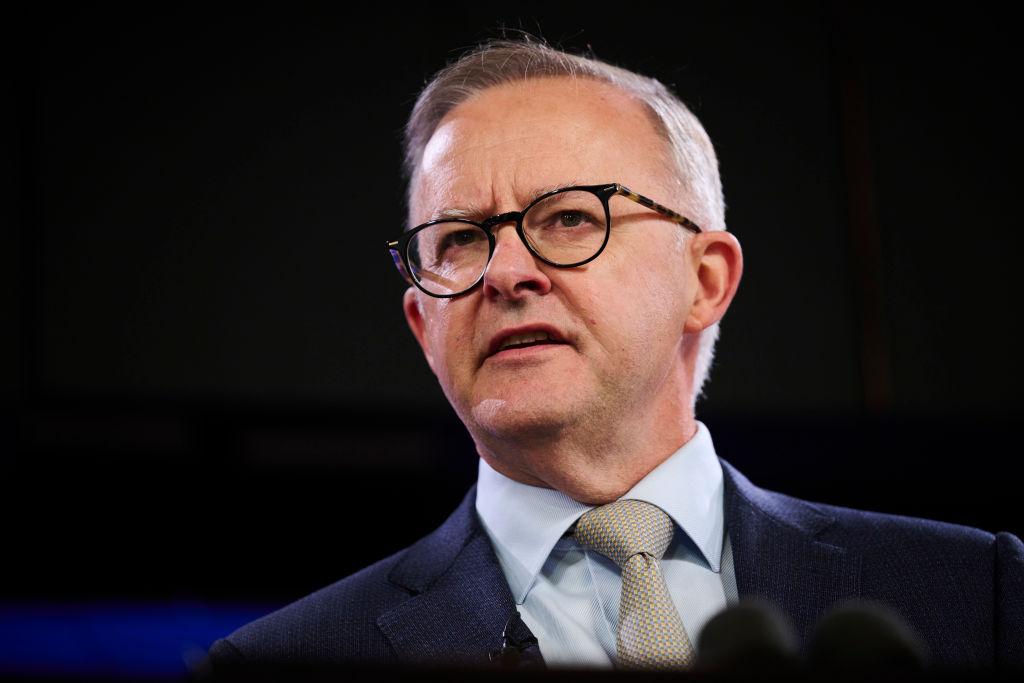Australia’s opposition centre-left Labor party has announced it will legislate an anti-corruption commission by the end of 2022 if elected on May 21, but senior ministers of the incumbent centre-right Coalition government have warned against it becoming a weapon to destroy reputations.
Opposition Leader Anthony Albanese announced his pledge on April 15, the day before think-tank The Centre for Public Integrity published its analysis of $55 billion worth of government grants and called for greater scrutiny and administration.





